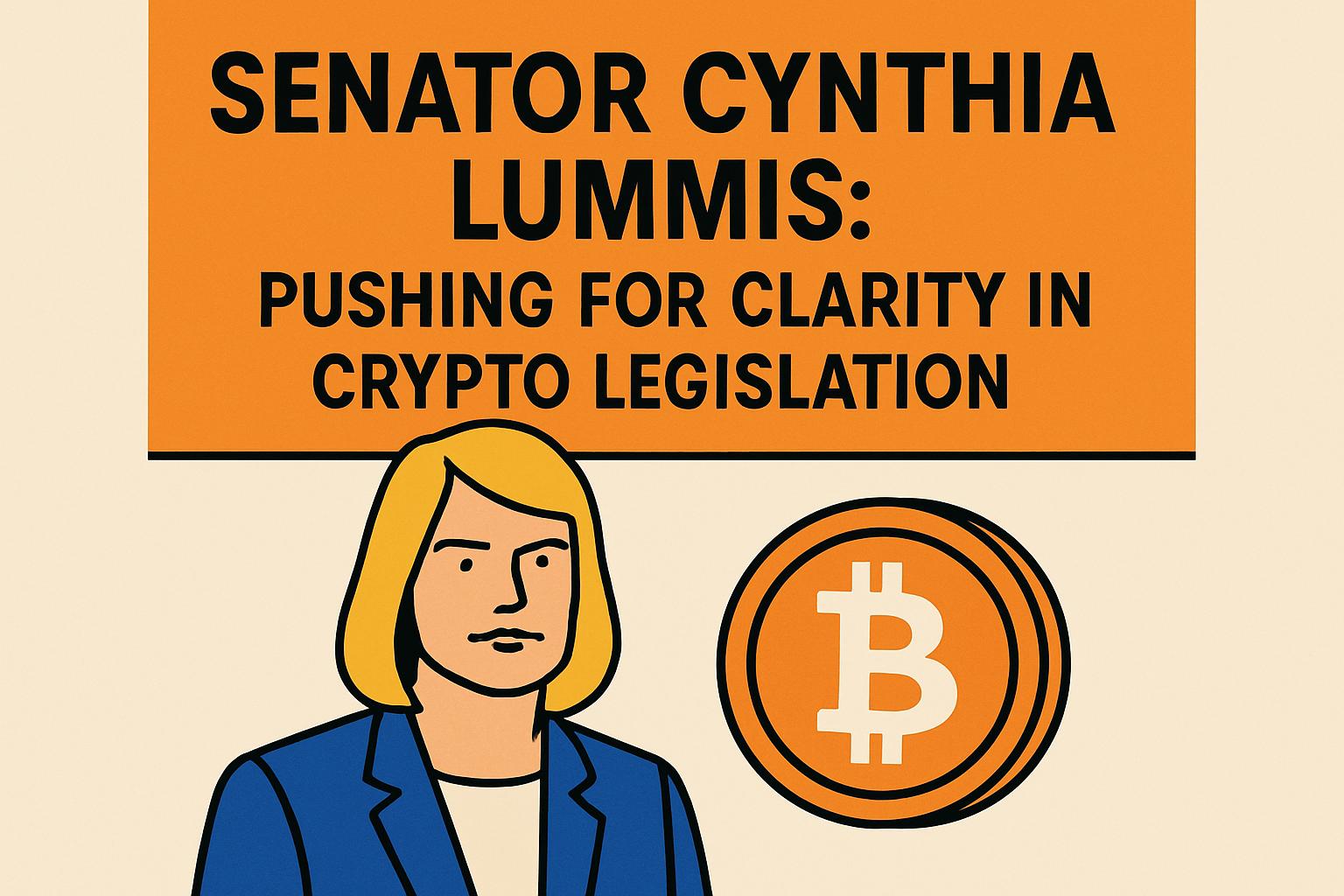In a recent interview, U.S. Senator Cynthia Lummis laid out the ambitious legislative agenda surrounding the cryptocurrency market with the ongoing discussions of the CLARITY Act and the impending crypto tax reforms. These developments aim to significantly alter the regulatory landscape by the end of the year, potentially positioning the United States as a leader in digital asset governance.
The Road to Clarity: CLARITY Act
The CLARITY Act, which the U.S. House of Representatives passed in July, is now under the scrutiny of the Senate. Lummis expressed optimism that deliberations in the Senate Banking and Agriculture Committees will culminate in a comprehensive bill ready for presidential approval by the holidays. This bill seeks to provide a clear framework for distinguishing between digital assets that are securities and commodities, leveraging the existing regulatory bodies like the SEC and CFTC.
Navigating Tax Reforms
Alongside the CLARITY Act, Lummis introduced a crypto tax reform proposal. This proposal specifically addresses the infrastructure investment and Jobs Act from 2021, which required digital asset ‘brokers’ to report transactions. The reform aims to narrow the ‘broker’ definition to exclude entities like miners and wallet developers, realigning tax burdens to more conventional asset management standards.
Additional key reforms include introducing a tax exemption for small transactions under $300 and revising existing tax rules to prevent dual taxation on mined or staked digital assets. With these adjustments, there is potential for the U.S. tax revenues from crypto transactions to grow by approximately $600 million over the next decade.
Ensuring Competitiveness
Lummis is keen to balance investor protection with the innovation incentives needed to retain the U.S.’s status as a digital asset hub. Her proactive approach signals a warming political climate towards cryptocurrency within U.S. borders, aiming to attract global crypto businesses deterred by regulatory ambiguities. Her confidence reflects a significant shift in legislative priorities, as the U.S. aims to reclaim its edge in this critical economic frontier.
As legislative processes advance, the global crypto community keenly watches to see if the United States will emerge as a beacon of regulatory clarity and innovation in digital finance.

![[News] Bitcoin at a Turning Point? 10x Research Signals a Bullish Macro Shift Ahead](https://cryptoexplores.com/wp-content/uploads/2025/06/new20250616.jpg)
![[News] Binance Lists $HOME, the Gas-Free, Bridge-Free All-in-One DeFi App](https://cryptoexplores.com/wp-content/uploads/2025/06/news20250617.jpg)